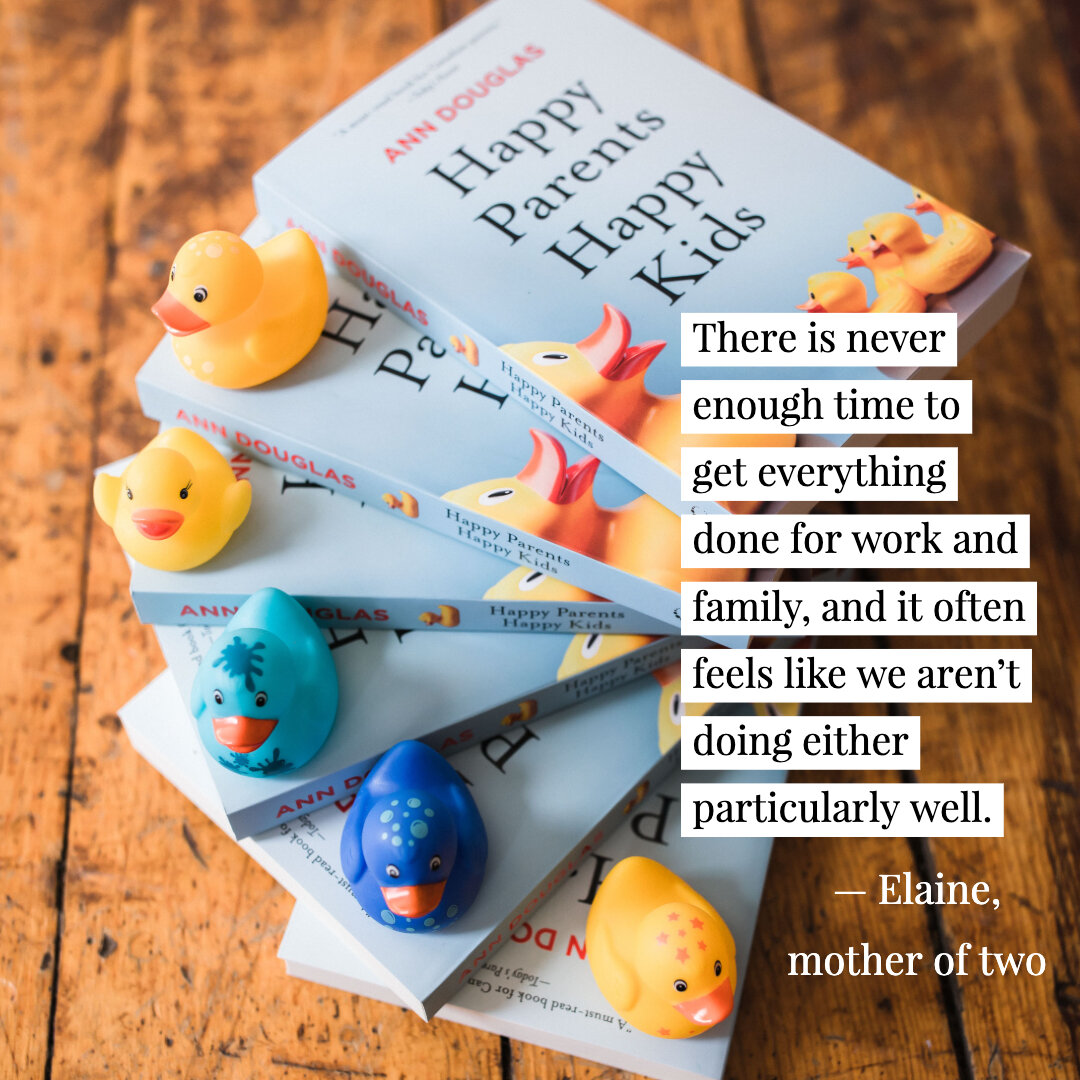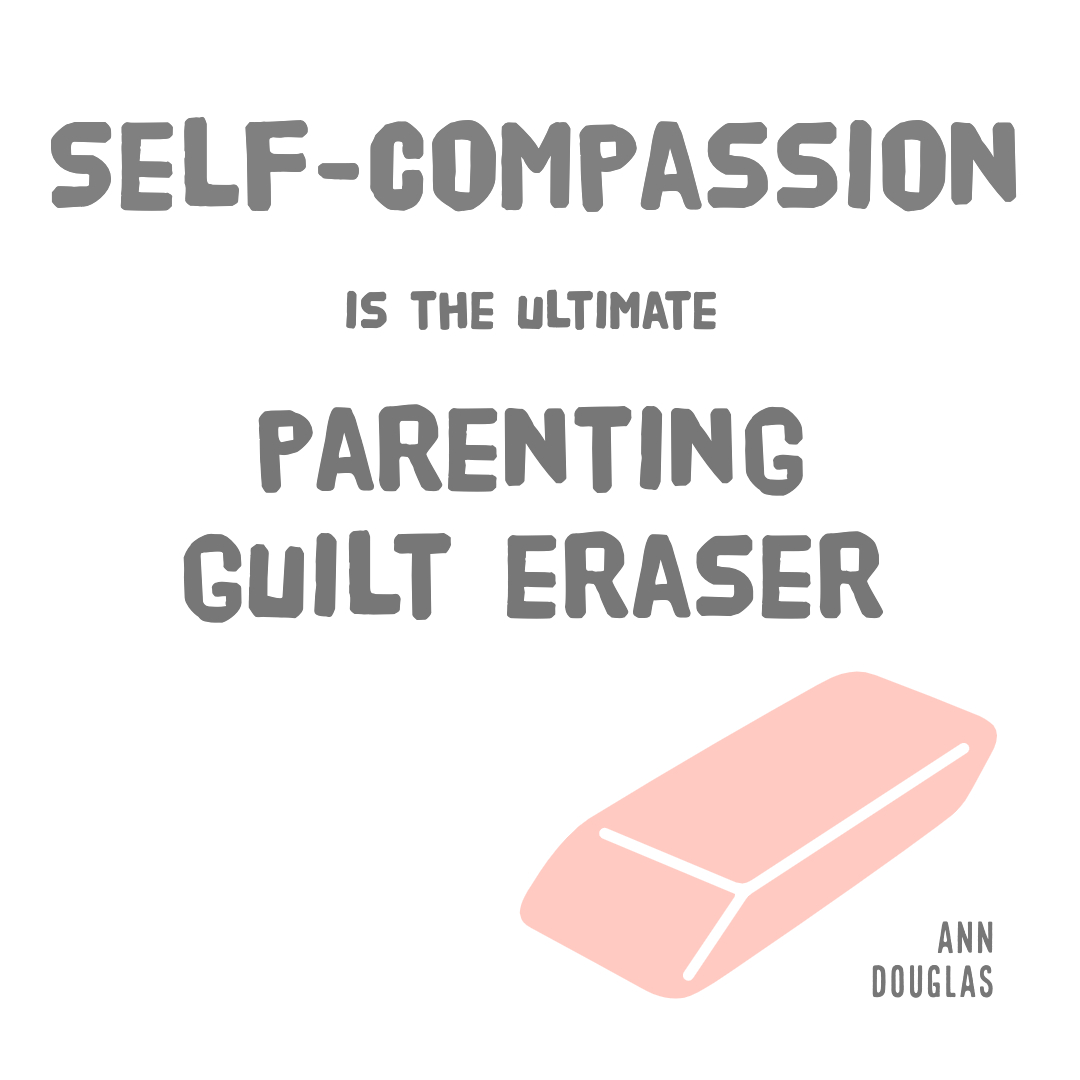Over the course of the pandemic, I’ve spoken at dozens of community events and workplace town halls for parents. Time and time again, parents have told me: “It doesn’t matter what, I’m doing. I always feel like I’m letting someone in my life down. Sometimes it’s my kids or other family members. Sometimes it’s my coworkers or my employer. I simply can’t be there for everyone in the way I want to be or that they need me to be. There isn’t enough of me to go around.”
Parents have been feeling guilty — really, really guilty — because they have been asked to shoulder an impossible load: to juggle the often competing demands of work, family, and school.
It’s a massive and unsustainable load and parents have been carrying it for a very long time.
So what can you do to sidestep some of those feelings of guilt? Here are a few strategies.
Know that you are not alone. Everyone is scrambling and stumbling and feeling stretched in all directions and worrying about letting their kids and their co-workers down. It’s not just you. It’s pretty much every other parent I know.
Give yourself permission to be a gloriously imperfect parent and your child permission to be a gloriously imperfect kid. You’re going to make mistakes. You’re going to say and do things you regret because everyone’s under a lot of stress. The good news is that you can recognize when this is happening and then pivot to repairing the relationship. Parents don’t have to be perfect and neither do kids. We can learn and grown together.
Practice self-compassion. Tell yourself, “I’m doing the best I can in a really difficult situation.” If you’re finding it hard to do this, think about what you would say to a friend who was struggling with feelings of guilt about their parenting. Odds are you’d offer words of support and encourage to that friend. Shouldn’t you be at least as kind to yourself?
Recognize that you’re not the one who should be feeling guilty: it’s policymakers who should be feeling guilty for letting parents and kids down in so many far-reaching ways. You have been put in an impossible situation — and you haven’t been given the supports needed to manage all these competing demands at the same time. It’s not that you’re doing anything wrong. It’s that the cracks in the system have finally broken wide open, and in a way that has caused disproportionate harm to certain families. And that’s not okay. As we start to think about the kind of world we want for ourselves and our kids moving forward, it’s pretty clear we need to get serious about addressing systemic inequities as opposed to allowing ourselves to be mired in the muck of individual guilt. Systemic problems require systemic solutions. Our families and our kids deserve nothing less.
Ann Douglas is the author of Happy Parents, Happy Kids — a book that offers strategies for feeling less anxious, less guilty, and less overwhelmed as a parent; and getting to a happier, healthier place alongside your kids.
Related resources
How to feel less guilty as a parent (video)
The secret of good parenting: lose the guilt (interview with the CBC Radio show Tapestry)
Can we talk about summer parenting guilt? (blog post)



